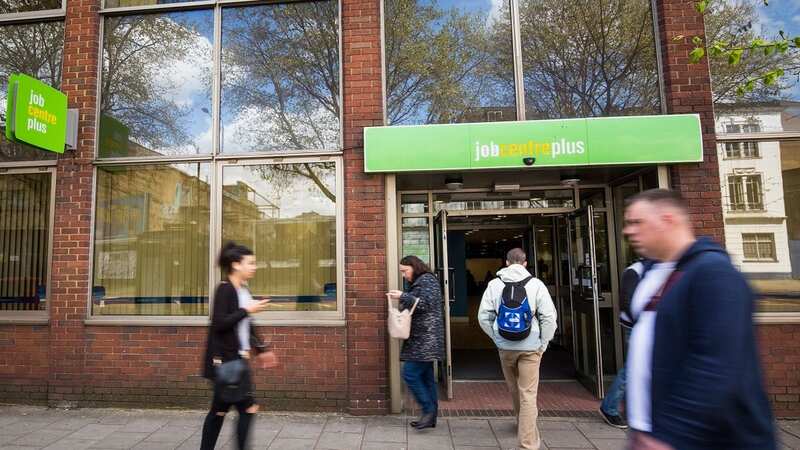DWP to give two weeks' payments to people moving to Universal Credit

The Department for Work and Pensions (DWP) is in the middle of moving thousands of benefit claimants onto Universal Credit.
In a huge "managed migration" exercise to Universal Credit, the DWP will gradually stop six legacy benefits. These include Income Support, Housing Benefit, income-based Jobseeker's Allowance (JSA), income-related Employment and Support Allowance (ESA), Working Tax Credit and Child Tax Credit. The last two are managed by HMRC, while the others are paid by DWP.
Officials from HMRC have said that if you claim Tax Credits, your entitlement will end as soon as you apply for Universal Credit. If you don't claim by the deadline, your Tax Credit entitlement will end on that day. However, those on four of the other affected benefits that are issued by the DWP will continue to receive their old payments for two more weeks after they apply to Universal Credit. This will only happen if they still meet the eligibility criteria for their existing benefit, reports Birmingham Live.
If you're receiving income-based JSA, income-related ESA, Income Support or Housing Benefit, which are usually paid every two weeks, you'll get the two weeks of payments for these benefits after making a Universal Credit claim. This is to help you adjust to the monthly payment schedule of Universal Credit.
The Department for Work and Pensions (DWP) has said that you won't need to pay back these extra two weeks of benefits and they won't affect how much Universal Credit you receive. However, if you don't claim Universal Credit by the deadline stated in the migration letter, your existing benefits will stop two weeks after that date, with no chance of going back on to them.
 Six teachers open up on 'difficult' strike decision - and why they are doing it
Six teachers open up on 'difficult' strike decision - and why they are doing it
Your first Universal Credit payment usually takes five weeks to arrive. After that, it will come on the same date every month, unless this falls on a weekend or bank holiday. In those cases, it would be paid into your account on the nearest working day before.
If you need help with living costs while waiting for your first payment, you can apply for an advance within your Universal Credit online account. This can be up to the value of your first Universal Credit payment and must be paid back in instalments.
Some folks will be given transitional protection to help them switch to Universal Credit. This is a payment that makes up the difference if your Universal Credit entitlement is less than your old benefits. You can only get this if you've received a migration notice and claim by the deadline date on your letter, it's not available if you choose to move to Universal Credit on your own. If your situation changes after you've made your claim, any transitional protection you receive may stop.
In 2023/24, over 500,000 households that get Working Tax Credit and/or Child Tax Credit but aren't on any other old benefits will be sent migration notices. These are letters telling people they must switch to Universal Credit within three months or their current payments will stop.
After that, in 2024/25, the DWP will reach out to the remaining tax credit claimants who also get other benefits, including people who get ESA on top of their tax credits. It will also contact all claimants of Income Support, income-based Jobseeker's Allowance (JSA) and Housing Benefit, asking them to make the switch.
The DWP says it aims to send migration notices to all these households around 440,000 in total by September 2024. If you currently claim income-related ESA and do not get Tax Credits, you will be transferred across by 2028.
Read more similar news:
Comments:
comments powered by Disqus

































